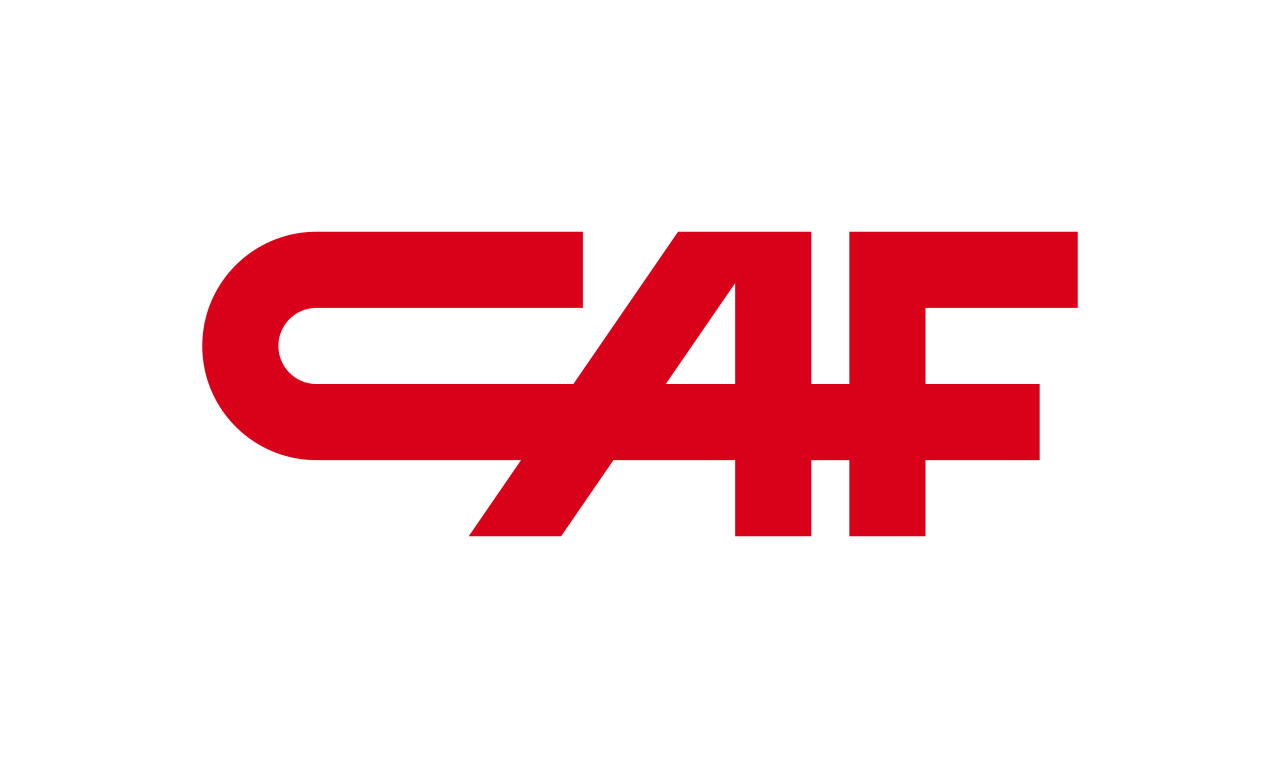Train manufacturer CAF has started dynamic track testing of a hydrogen-powered demonstrator train being developed for the FCH2RAIL project.
FCH2RAIL, or Fuel Cell Hybrid power pack for rail applications, is a consortium of the CAF, DLR, Toyota, Renfe, ADIF, CNH2, IP, and Stemmann-Technik.
The project has a €14 million budget, of which €10 million is being funded by the Clean Hydrogen Partnership, formerly FCH2 JU, which is a European Commission agency dedicated to promoting the development of hydrogen and fuel cells.
The demonstrator train is based on one of Renfe’s commuter trains, in which a new power generation system has been installed. Using a mixture of energy from hydrogen fuel cells and batteries, it has been integrated into the vehicle’s existing traction system and is one of the first bi-mode demonstrator trains that have hydrogen fuel cells. It is a zero-emissions vehicle that can run in electric mode on electrified infrastructure but runs in hybrid mode on catenary-free sections.
The train has already successfully performed static testing, and is now ready to start dynamic testing on an external track. These tests meet the original deadlines set for this phase of testing, demonstrating the consortium’s full commitment to the project.
During the dynamic tests, the hybridisation of the fuel cells and the batteries will be optimised for routes that have been specifically selected as being representative of those that would be used for commercial services. This means that the new concept will be fully tested in a wide range of different power demand conditions.
After completing the tests, it will be possible to evaluate the competitiveness of the new bi-mode hybrid propulsion solution against the diesel trains currently in use on many routes, within the framework of current plans to decarbonise rail transport.
The project has a €14 million budget, €10 million of which is being funded by the Clean Hydrogen Partnership, formerly FCH2 JU, a European Commission agency dedicated to promoting the development of hydrogen and fuel cells.
With this train, CAF is continuing its development of zero-emission mobility solutions, in this case through the use of hydrogen. The CAF Group has been marketing this technology for several years now through its subsidiary, Solaris, a leader in the hydrogen bus market in the European Union.






Responses
And also to replace the Class 220, Class 221 and Class 222 DEMU.
This is why CAF and other train manufacturers are committed to manufacture new hybrid-battery and hydrogen fuel multiple units exclusively for Great Western Railway, South Western Railway, East Midlands Railway, Crosscountry, Northern, ScotRail and Chiltern Railways to improve the railways in the UK to become more greener and cleaner.
And to replace and scrap the existing DMU rolling stocks (including replacing Class 150, Class 153, Class 155, Class 156, Class 158, Class 159, Class 165, Class 166, Class 168, Class 170, Class 171, Class 175 and Class 180).